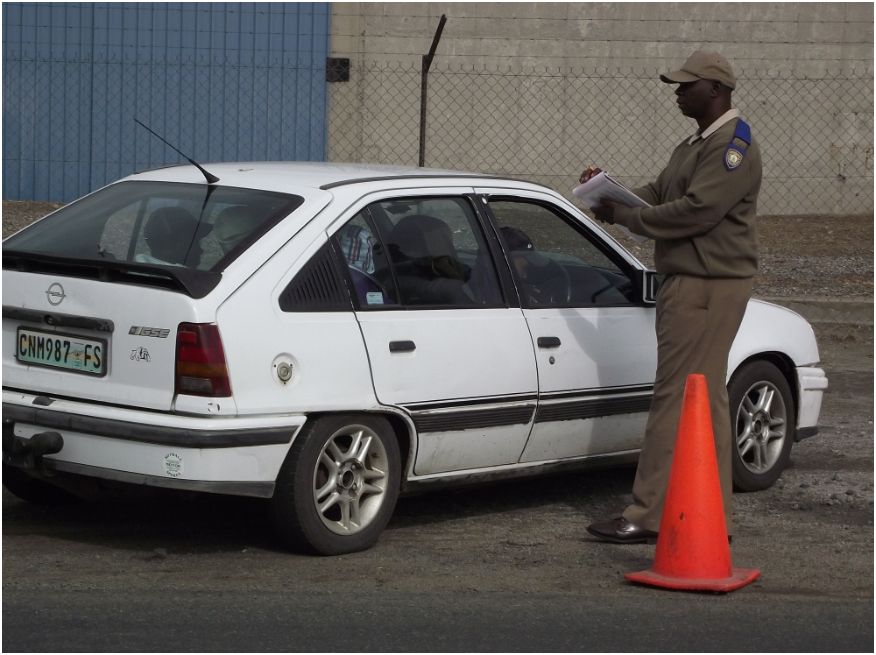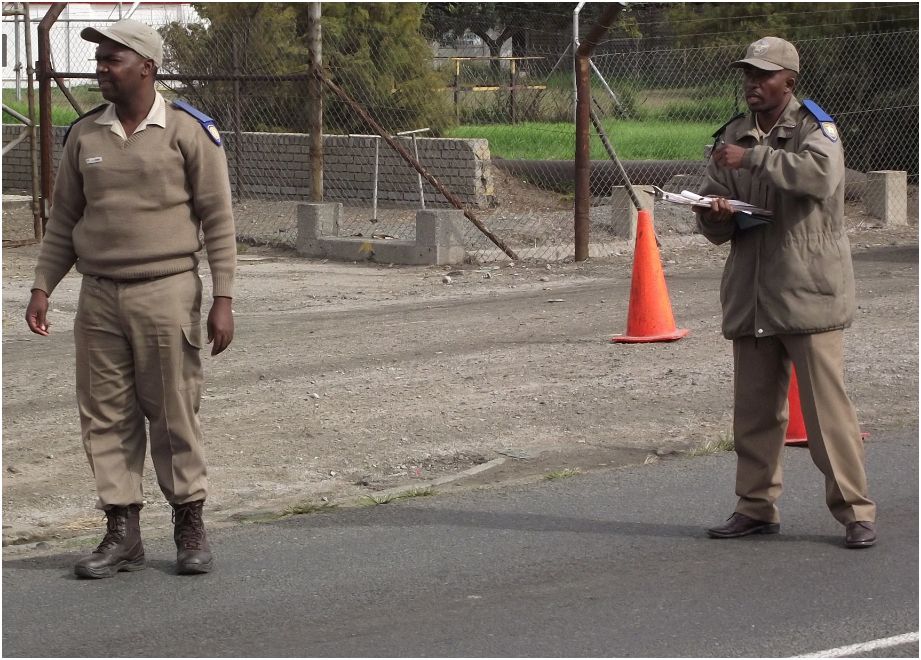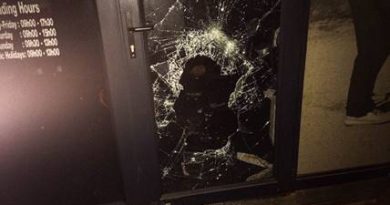Why do the amounts on Traffic Fines differ so greatly?
Question:
I would like to know how for the same offence in two different provinces the amount can differ so greatly? Surely we live in one country governed by one president…? If there is a difference of R50.00 this would not be a problem.
Answer:
Firstly, I am not sure if you are aware that AARTO has legislated penalty values which appear in Schedule 3 of the AARTO regulations. Both of the AARTO 03 infringement notices you sent as examples originated from the JMPD, which is one of the two Metropolitan Police participants in AARTO at the moment. The other example you attached was from the Cape Town Metropolitan Police who are not currently participants in AARTO and still operate under the Criminal Procedure Act.
Under the Criminal Procedure Act, Magistrates get to set the admission of guilt fines applicable to infringements and these vary dramatically from district to district – not just between the Criminal Procedure Act and AARTO.
The penalty amounts applicable under charge code 4500 and 4542 (AARTO) are identical to one another and are in fact R250 each. Unfortunately the current AARTO regulations that are being applied by the JMPD allow for the tripling of a penalty value when an infringement notice is issued to a juristic person in lieu of demerit points being incurred. The JMPD, being an opportunistic, revenue-driven entity of note is applying this provision ahead of the points demerit system being in force, whilst their counterparts at the RTMC and TMPD do not do so. Hence the fine values of R750 each. The really intriguing part of this is that minor infringements which carry a fine of R250 do not have any demerit points applicable to them, so it is beyond my understanding just how a juristic person would be avoiding demerit points which would not apply in the first place.
 Because AARTO and the points demerit system is intended to be aimed directly at the delinquent drivers amongst us, the system caters for the nomination of the driver where an infringement notice is directed at a juristic person or where a person other than the registered owner was the driver of the vehicle at the time. Unfortunately, the loophole of avoiding demerit points by paying a tripled penalty amount has been written into the current regulations and it is our hope that it will be removed in the new regulations when they are published, presumably sometime soon, as this provision is nonsensical at best.
Because AARTO and the points demerit system is intended to be aimed directly at the delinquent drivers amongst us, the system caters for the nomination of the driver where an infringement notice is directed at a juristic person or where a person other than the registered owner was the driver of the vehicle at the time. Unfortunately, the loophole of avoiding demerit points by paying a tripled penalty amount has been written into the current regulations and it is our hope that it will be removed in the new regulations when they are published, presumably sometime soon, as this provision is nonsensical at best.
You will also note that the infringement notices that you received from the JMPD would have simply arrived in your post box in direct violation of section 30(1) of the AARTO Amendment Act, Act 22 of 1999 which states that:
“Any document required to be served on an infringer in terms of this Act, must be served on the infringer personally or sent by registered mail to his or her last known address.”
According to Chief Superintendent Wayne Minnaar, the reason that the JMPD does not comply with this provision of the Act is that the Act does not specifically forbid service by any other means; which in turn unfortunately highlights his and his counterparts’ inability to understand the English language since the word “must” is simply and unambiguously defined as “to be obliged or required by morality, law, or custom”.
It is so sad that this is so, but it is what it is and therefore the matter is now with the Public Protector since the JMPD have been acting in this manner since 1 June 2010 and refuse to comply with the Act and have given us the finger from day one and refused point blank to comply with any demands that they act lawfully and stop defeating the ends of justice. This is not all that they do contrary to the law, but that is another matter.
There is a very good and logical reason that the AARTO Act makes it a requirement that personal or registered mail service takes place and this is that AARTO is subject to very strict timelines and the processes which are intrinsically reliant on knowing on exactly which date any document in the process is served. For example, a 50% discount applies on the penalty amount if an infringement notice is paid within 32 days of its service on an alleged infringer. This quite clearly also puts paid to the huge discrepancy noted in your email since the amount payable in this particular instance would be R25 less than what Cape Town currently levies as a fine for this infringement.
 However, if a fine is not paid within 32 days, then the discount falls away and something called a courtesy letter is issued and an additional penalty fee of R60 added thereto. From there on in, serious consequences become applicable with a total of a further 39 days thereafter being allowed before the Sheriff pitches up at one’s door and seizing goods to the fine and all outstanding penalty fees plus his or her charges.
However, if a fine is not paid within 32 days, then the discount falls away and something called a courtesy letter is issued and an additional penalty fee of R60 added thereto. From there on in, serious consequences become applicable with a total of a further 39 days thereafter being allowed before the Sheriff pitches up at one’s door and seizing goods to the fine and all outstanding penalty fees plus his or her charges.
Of course, none of these processes, beyond the issue of the infringement notice can be invoked if there is no initial date of service and so, the JMPD’s defiance of the AARTO legislation so as to save themselves all of R15 in postage per postage item is self-defeating and in fact amounts to defeating the ends of justice, given that all of these infringement notices, even those for speeds well in excess of 25km/h over the speed limit and even those for which the infringer is clearly guilty of the alleged infringement are unenforceable from day one.
This has been a short and concise “AARTO infringement notice lifespan in a nutshell” and I do point out that all of this information, albeit in far greater detail is available on our AARTO website at www.aarto.co.za. I would strongly recommend that you bring yourself up to speed with AARTO before it has an opportunity to prejudice you and/or your employees through your own ignorance – and I do mean that with the greatest respect Sir.
Please also look at www.aarto.co.za/ssm.asp for more details on the unlawfulness of the current JMPD infringement notices. They do not have a leg to stand on and we are more than confident that the Public Protector will rule in our favour sometime in the near future.
Best Regards,
Howard Dembovsky
National Chairman – Justice Project South Africa (NPC)




